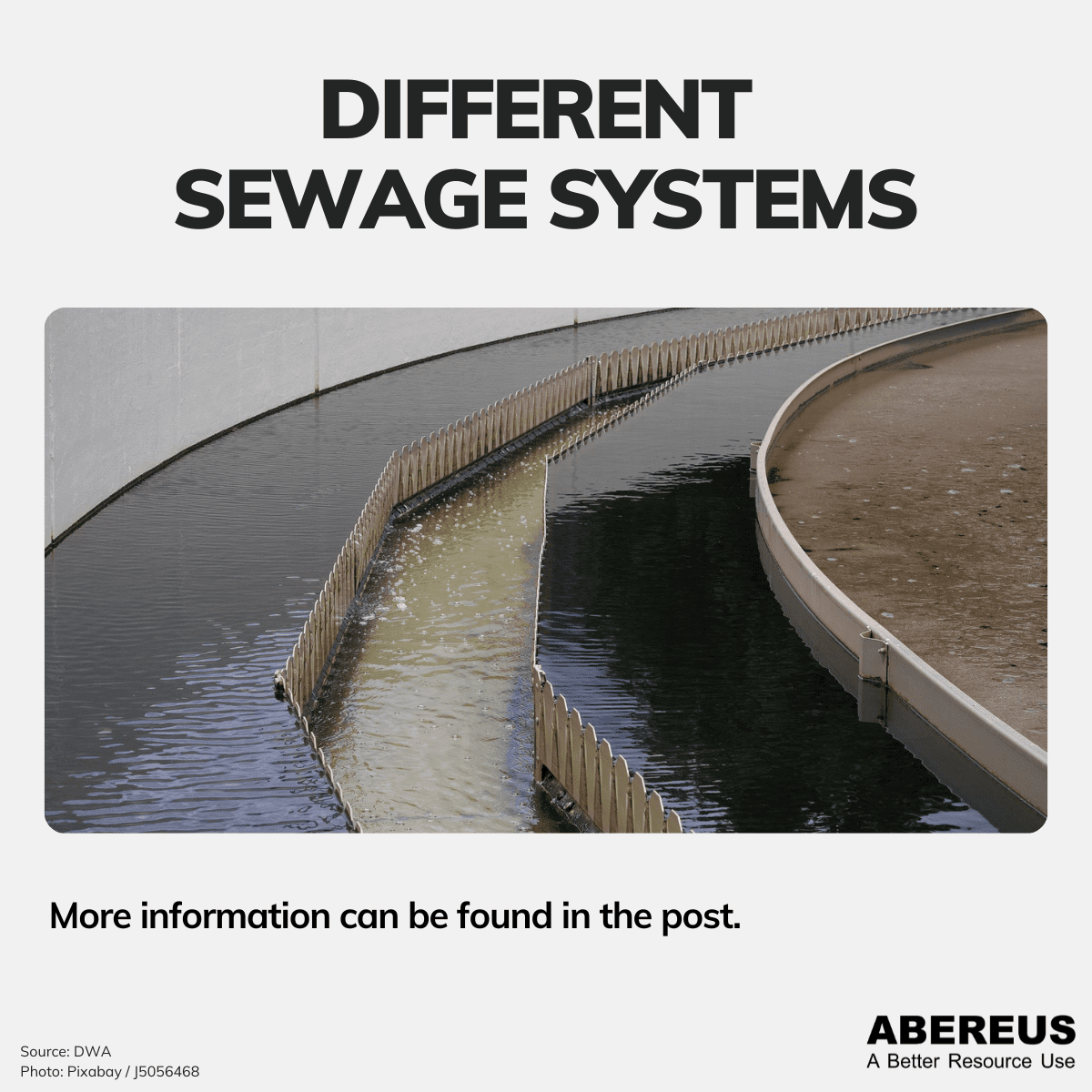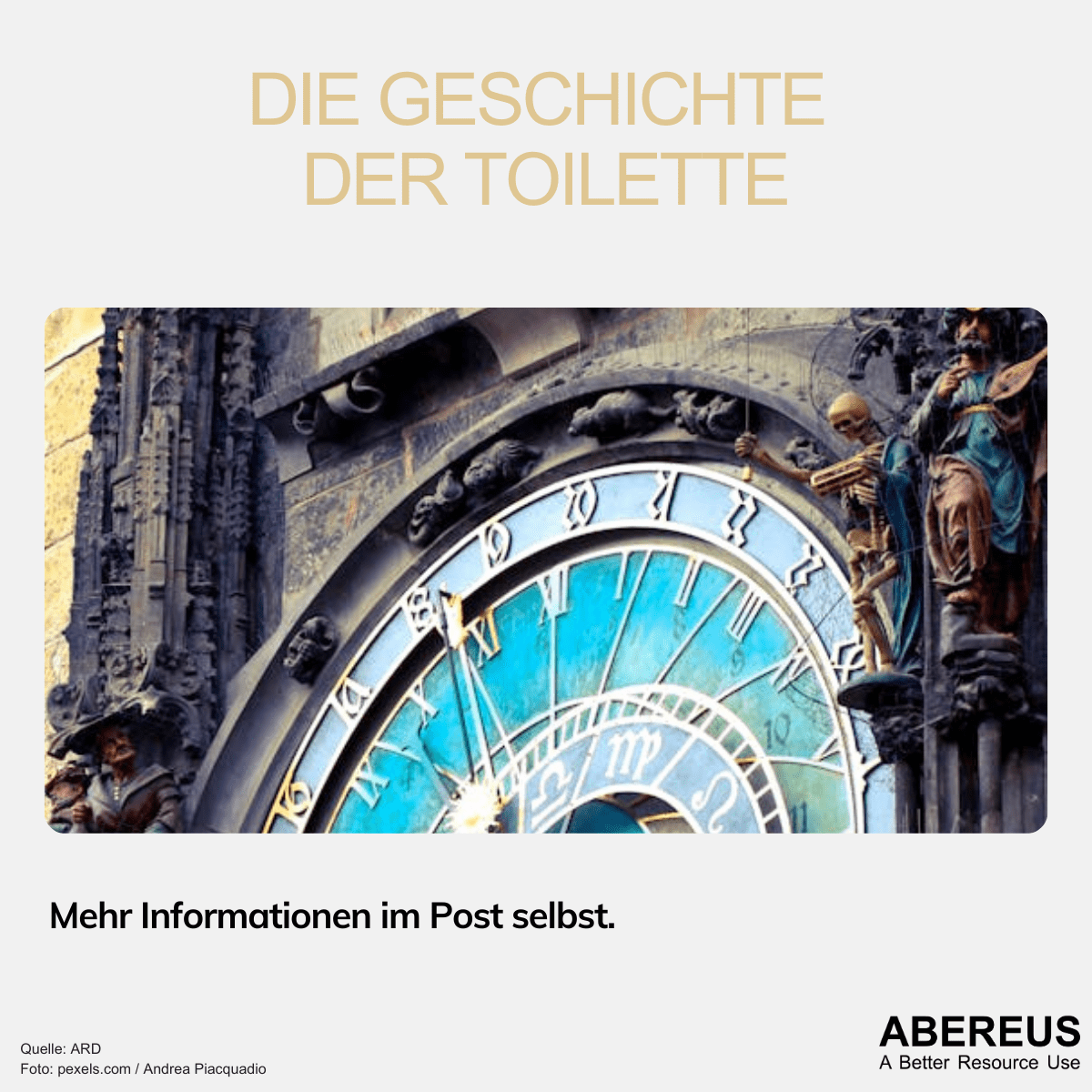Different sewage systems

Date
As you already know the German sewer network has a total length of around 595.000 km. Interestingly, those sewer networks don’t all work the same way. Within Germany, we have mainly three different types: mixed water, rainwater, or sewage water.
The different variations are mainly depending on the year of construction and the location of the system. Southern Germany, where the landscape isn’t so flat, has mainly mixed systems. This means that rainwater is collected and transported in the same network as all the sewage water of the community. The mix of these two water types is then directed and pumped to the local wastewater treatment plant and treated together.
Northern Germany as well as newer or lake sided neighborhoods in the South usually use two distinct sewage systems. One is used for the real sewage water. This water is collected, directed, and pumped through the network to the next sewage plant. This dirty water is being cleaned and then added to the next river or lake. The rainwater is collected in its own system and added in the closed by natural water side – either with or without some basic treatment.
On one side, these two separated systems allow the rainwater to be added to the ground water or local water supply more directly and of course, it is a huge discharge for the local sewage plant, that doesn’t have to treat clean rainwater. This also helps to reduce the energy consumption of the plant as well as its CO2 footprint. On the other side, this multiplies the amount of sewage pipes to be built by two. It also costs energy and adds to the CO2 footprint of the community.
Asides from those three main sewage types, some offside locations are not connected directly to any fixed system. These sites normally have a collection pit and as needed a sewage truck collects their sewage by draining the pits. In some locations, there is also a vacuum pipe system in place that collects everything. These systems are rare within Germany and more complex to maintain.
To find out more about water, sewage and everything around it, get connected and join us for a better resource use!
Source: Abwassertalk with Daniel Jehring, Klaus Jilg and Sascha Kokles



